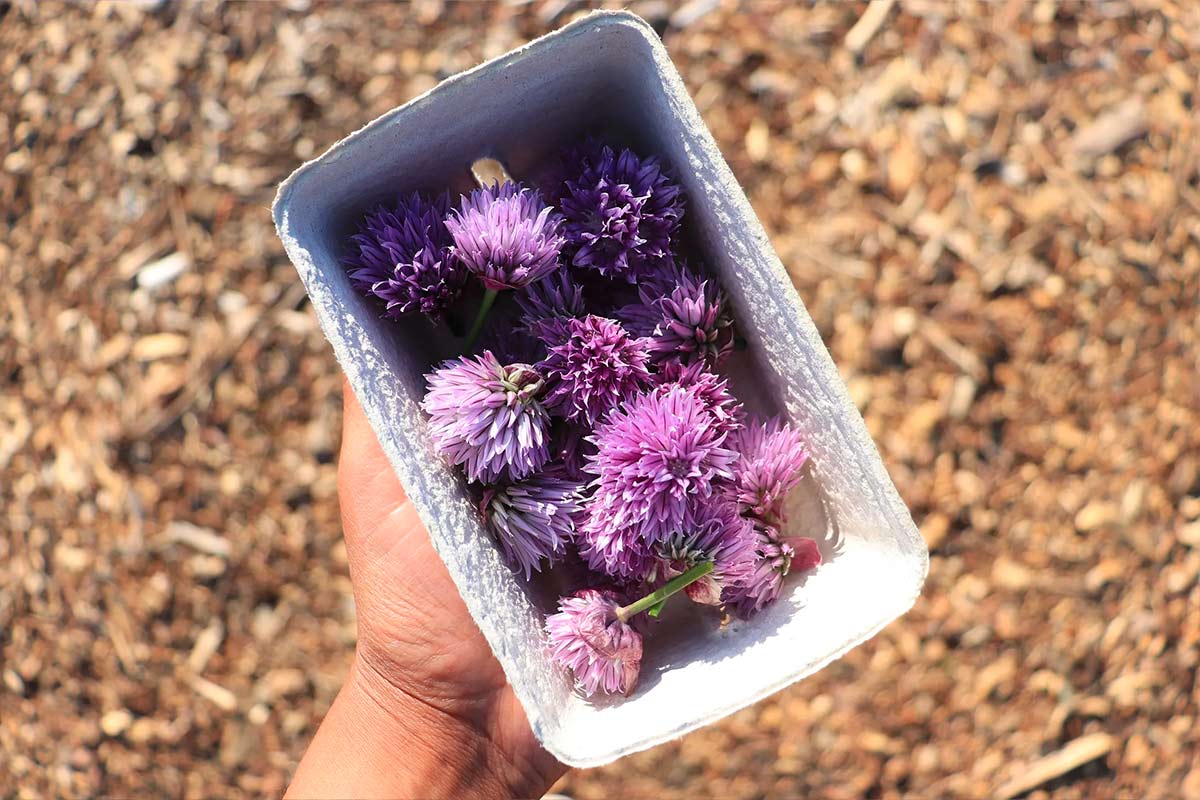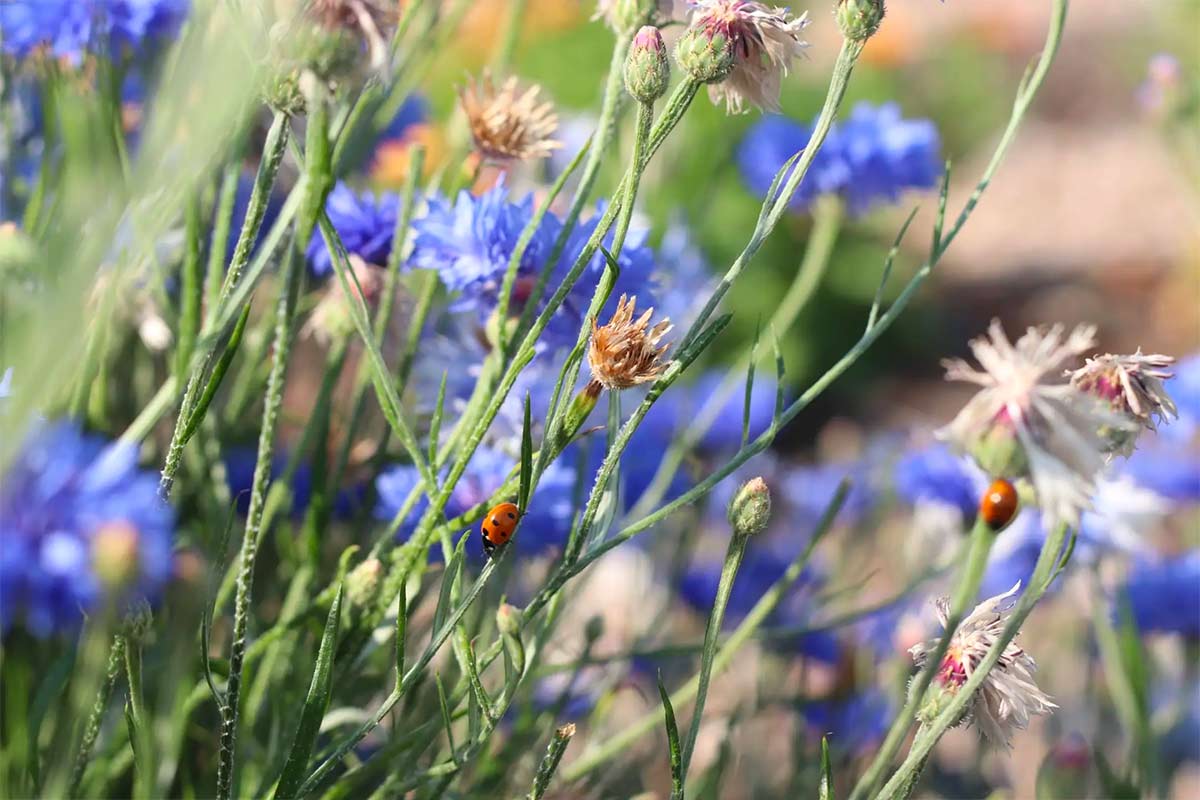
The Future of Organic Farming: Smallholdings Leading the Way
Smallholdings and emerging organic growers are shaping the future of sustainable agriculture, transforming traditional practices through regenerative methods and community engagement
The Next Generation of Organic Growers
In recent years, initiatives to support the next generation of organic growers have gained traction, led by the Ecological Land Cooperative (ELC). Their mission involves creating low-impact agricultural “starter farms” and advocating for policy changes in food production and land management.
The ELC strategically purchases plots of land across England and Wales, then rents them to tenants who share an environmentally conscious approach to agriculture. This system allows young growers to enter the industry without the significant capital required for long-term land ownership. As a forward-thinking organization, the ELC also aims to raise public awareness about the benefits of organic, pesticide-free farming practices.
In 2018, the ELC purchased a 12-hectare field in Arlington, East Sussex, UK, which had previously hosted conventional maize farming. Over two years, the Soil Association Project guided its restoration, after which the ELC divided the land into three plots for successful applicants.

Aweside Farm: Sustainable Smallholding by Sinead Fenton and Adam Smith
Among the three custodians of this land is Aweside Farm, managed by Sinead Fenton and Adam Smith. Both left their corporate London careers to pursue their passion for environmental issues. “We started with a small allotment project in London, which opened our eyes to nature,” they explain. Their 4.5-hectare farm now focuses on growing edible flowers, fruits, and vegetables.
Another crucial aspect of smallholding culture across the United Kingdom is strong local community engagement. By shifting away from supermarket supply chains and imported goods, the ELC urges farmers to connect with neighbors for both retail opportunities and outreach programs.
In this context, the wholesale company Shrub Provisions has played a pivotal role in helping smallholdings distribute their produce to restaurants and consumers throughout the South East of England. “It reduces the need for extra travel and pollution,” Fenton notes.
Like many smallholdings, Aweside Farm supplies local restaurants and pubs to showcase the possibilities of English seasonal produce and zero-kilometer dining. Fenton and Smith also operate a community garden where locals can volunteer and share the harvest with neighbors. This inclusive approach illustrates how innovative engagement can amplify the impact of smallholdings on British food culture.
Working with the Earth: Regenerative Agriculture in Action
Newly acquired land often suffers from conventional farming methods that rely heavily on pesticides and invasive practices. When Fenton and Smith first arrived in Arlington, they found that “the ground was like brick.”
The plot lacked topsoil, and the natural landscape of the South Downs left the soil as dense clay. “The land had been treated badly,” they recall. Run-off from a neighboring solar farm often turned the ground into a flooded water table. To make the site viable for agriculture, they had to start from scratch. As Smith says, “We had to listen to what the ground wanted and really work with the earth.”
Strengthening Soil Health with a No-Dig Policy
Agroforestry, a land management system that promotes environmental diversity, played a crucial role when Aweside Farm began in 2020. Fenton and Smith planted 5,000 trees to create 400 meters of new hedgerows, along with an orchard of 50 fruit trees focused on endangered British apple varieties.
Although it may take a decade for these trees to mature, they will provide wildlife habitats, mitigate water run-off, and boost oxygen levels. In 2020, the farmers also concentrated on improving soil health.
They follow a no-dig policy, avoiding soil disturbance by layering nutrient-rich compost over cardboard. This method suppresses weeds by blocking light and encourages a richer, healthier growing medium over time.
They start seedlings in polytunnels, then transfer them to 170 beds designed with succession planting and crop rotation. An expanding earthworm population serves as clear evidence that their regenerative approach is working.
A Smallholding as a Thriving Ecosystem
Organic, regenerative farming aligns with a new wave of smallholdings across England and Wales. Many growers now recognize that older, profit-driven methods harmed both the environment and the wildlife that relies on it. While biodiversity becomes a priority, the challenge lies in learning how to nurture it effectively.
Edible flowers now define Aweside Farm, in part because few initiatives grow these blooms organically for human consumption. However, Fenton and Smith stress that they cultivate flowers for more than just retail.
“We have to think about the entire ecosystem, not just ourselves,” they explain, noting that a market garden’s exclusive focus on commercial crops often lacks crucial nutrients for wildlife. “The first thing we did was plant a bunch of flowers in the center of our plot.”
This initial step was both symbolic and practical, aiming to boost insect populations. By attracting bees, butterflies, and other pollinators, they enhance the growth of other crops on the farm.

The Challenges of Organic Farming: Facing Climate Change
It’s impossible to discuss the creation of an organic smallholding without addressing climate change. England experiences increasingly unpredictable weather, along with shifts in seasonal patterns.
A pragmatic approach is crucial to avoid reverting to conventional farming methods. By avoiding pesticides and invasive practices, growers not only produce organic crops but also foster a self-sustaining agricultural system. “Anticipating problems helps us figure out how and where to manage the land,” they say.
England faced a challenging 2021, with late frosts and persistent cloud cover in May. “We were in constant flood until August,” Fenton recalls. Crop losses and poor harvests plagued smallholdings and farmers across the country.
Resilience and Positivity in Sustainable Agriculture
“It was our first real growing season and a tough year, but we still earned enough to cover the bills,” they say. Others were not as fortunate, a testament to the uncertainty climate change brings to agriculture.
Severe weather continues to affect crop yields. The latest example occurred in February 2022, when Storm Eunice—England’s most powerful storm since 1987—struck the South coast.
Over three days, gale-force winds up to 122 mph left many regions without power and toppled countless trees, forcing farmers to confront extensive damage. One of Aweside Farm’s three polytunnels was destroyed, its metal frame twisted beyond recognition.
Once again, resilience and positivity proved essential. “We turned the ruined polytunnel into new beds for crops and flowers,” they explain. By embracing such challenges, smallholdings open new avenues for growth.
Aweside Farm in Arlington: Building a Sustainable Future
Aweside Farm is one of many emerging smallholdings in England and Wales that emphasize organic methods and regenerative practices. By connecting with local communities, these smallholdings demonstrate new possibilities in sustainable agriculture. Through its support of new growers, the Ecological Land Cooperative fosters innovation that shapes the future of farming.
Genevieve Verdigel








